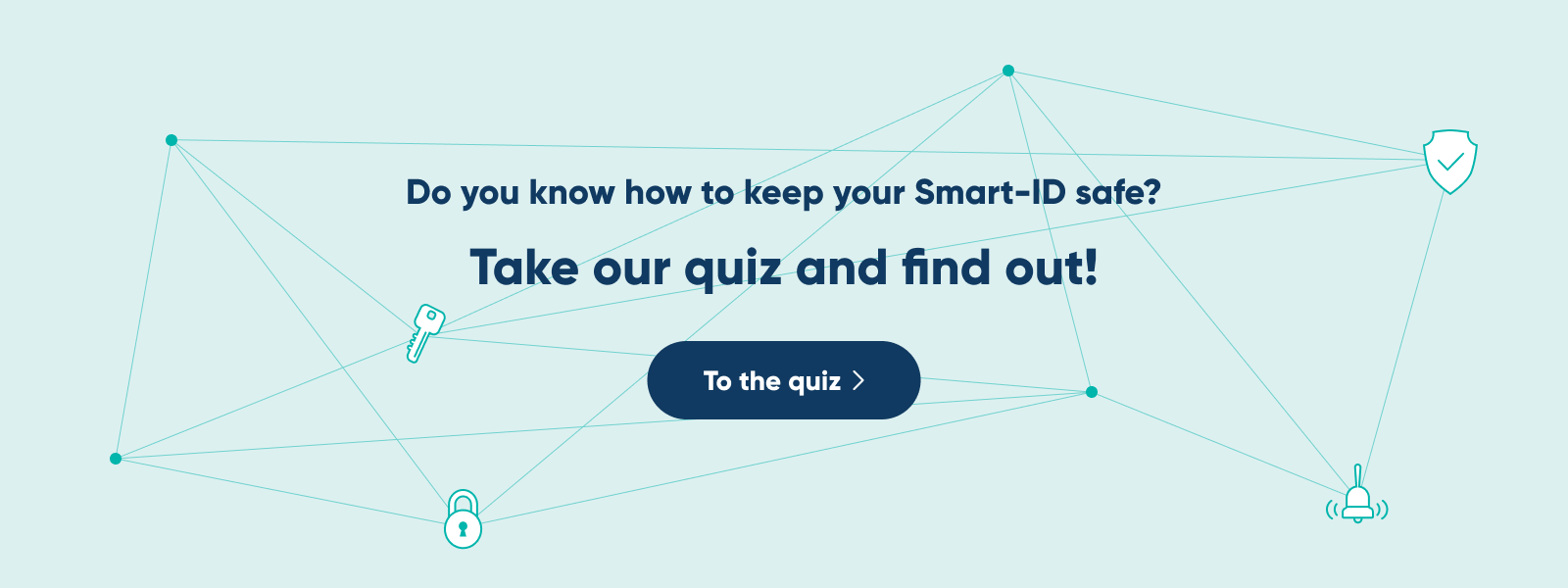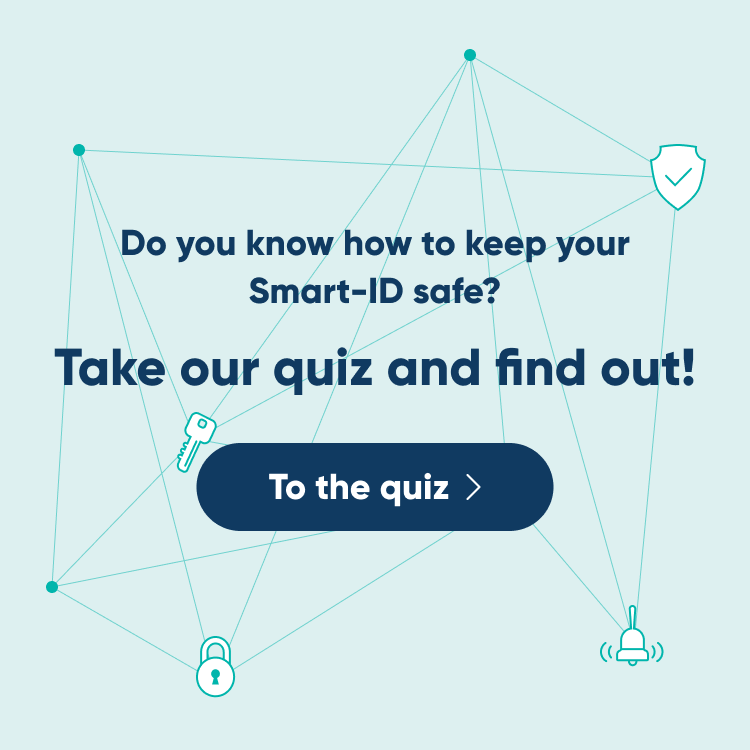Do not share your PIN-codes, passwords or user names with anyone else, including your family or co-workers. If you want to share access to your bank account, speak to your bank: it’s easy to add additional users with personal limits. The service is also fast and usually free or for a small fee.
Never authorise PIN-requests you have not initiated, not even to ‘test’ or ‘see what happens’ when your bank accounts are empty. Remember: you are legally responsible for all actions taken using your PIN-codes!
Notice when you’re being pressured: if you need act “immediately” or are being emotionally manipulated (the communication makes you feel anxious, overly excited, upset etc).
Don’t be afraid that being overly cautious will make you look stupid and go with your gut feeling as soon as something does not feel right. It doesn’t really matter what opinion scammers have of you, right?
Remember that your bank already knows all they need to know about your bank accounts, finances, credit cards etc. They do not need to ask you for that information! The same goes for other service providers: your PINs and passwords are none of their business. Do not believe any excuses, even if they make it sound believable.
If a website, e-mail, campaign page, social media post etc looks or feels wrong or broken, leave it. Unusual designs, different tone of voice, bad grammar and an unprofessional look & feel (i.e. some of the text is overly large, blinking or misaligned, contains too many exclamation points) or if you’re being addressed by the wrong name (i.e. your e-mail instead of your name) are all serious warning signs.
Does it sounds too good to be true? Then it probably is.
Do NOT trust any campaigns that the company has not published on their official website, why would they invest in marketing and then hide it?! Be suspicious as soon as you hear or read that it’s a “new trick” or a “clever tip” that would allow you to save tons of money. Know that if a company has made a legitimate mistake in their pricing, they are allowed to cancel the orders. And if scammers are behind the campaign, the ‘real company’ can’t be held responsible for refunds.
Unbelievably good offers are not to be believed!
The same goes for “serious security alerts”. If the threat is real, legitimate companies will make sure you get up-to-date and accurate information through their website and other official channels. If it’s not there, the threat must not be real.
Use Google or other search engines to check the phone numbers used to call or text you. Remember that if you call or text back, you may subscribe to a paid service without knowing, or be charged extortionate rates for your phone call. Most mobile operators also keep a list of numbers known to be used for scamming.
Unfortunately it is very easy to pretend to be someone else online: with a few technical skills, you can make any e-mail or even an SMS to look like it came from a credible source, and it is even easier to make links look like they’re taking you to a completely different website. Be suspicious and contact the legitimate service provider to ask if the campaign is real or not as soon as you have any doubts (and use Google to find their actual official website and use numbers from there!).


